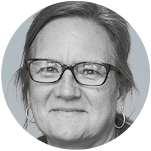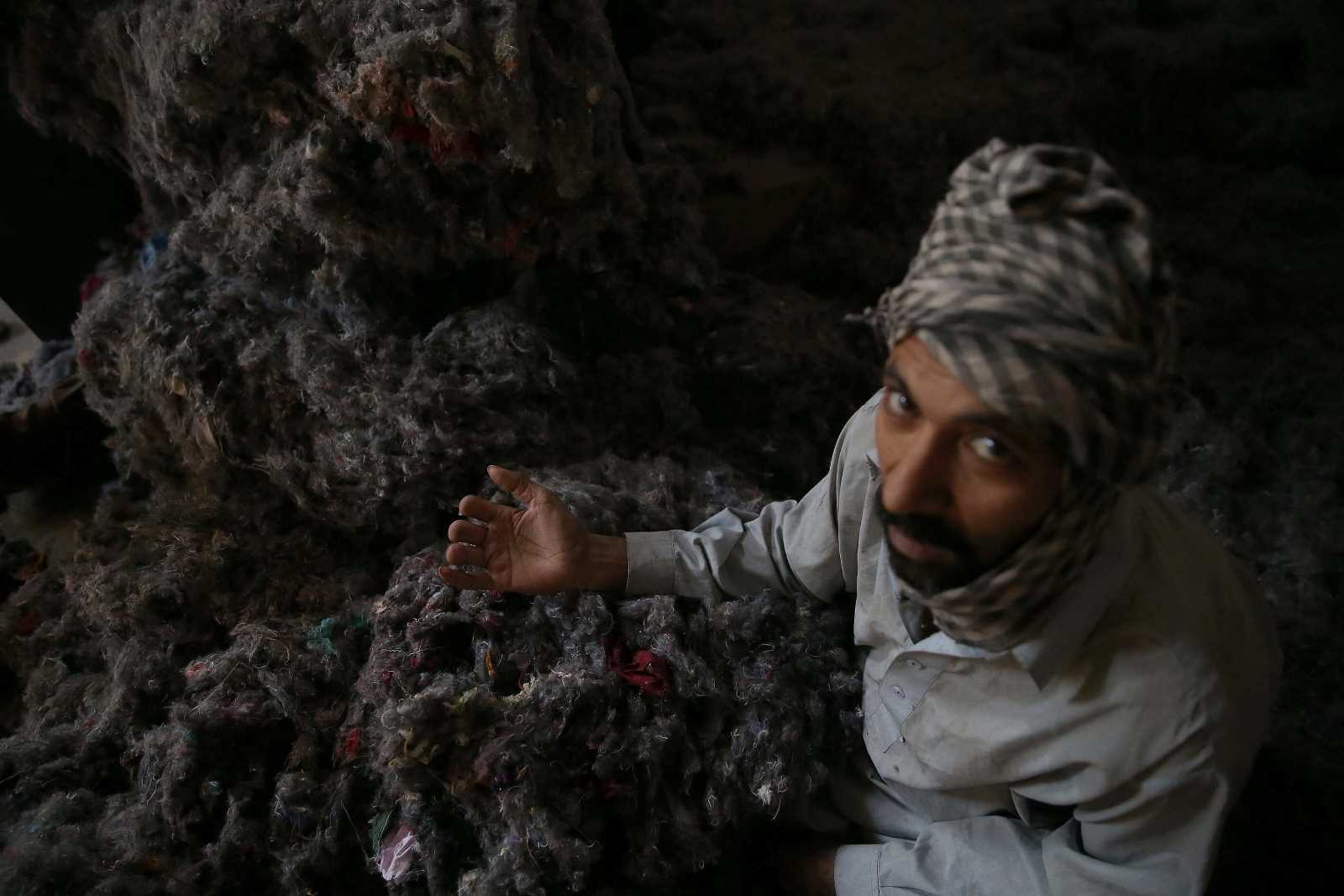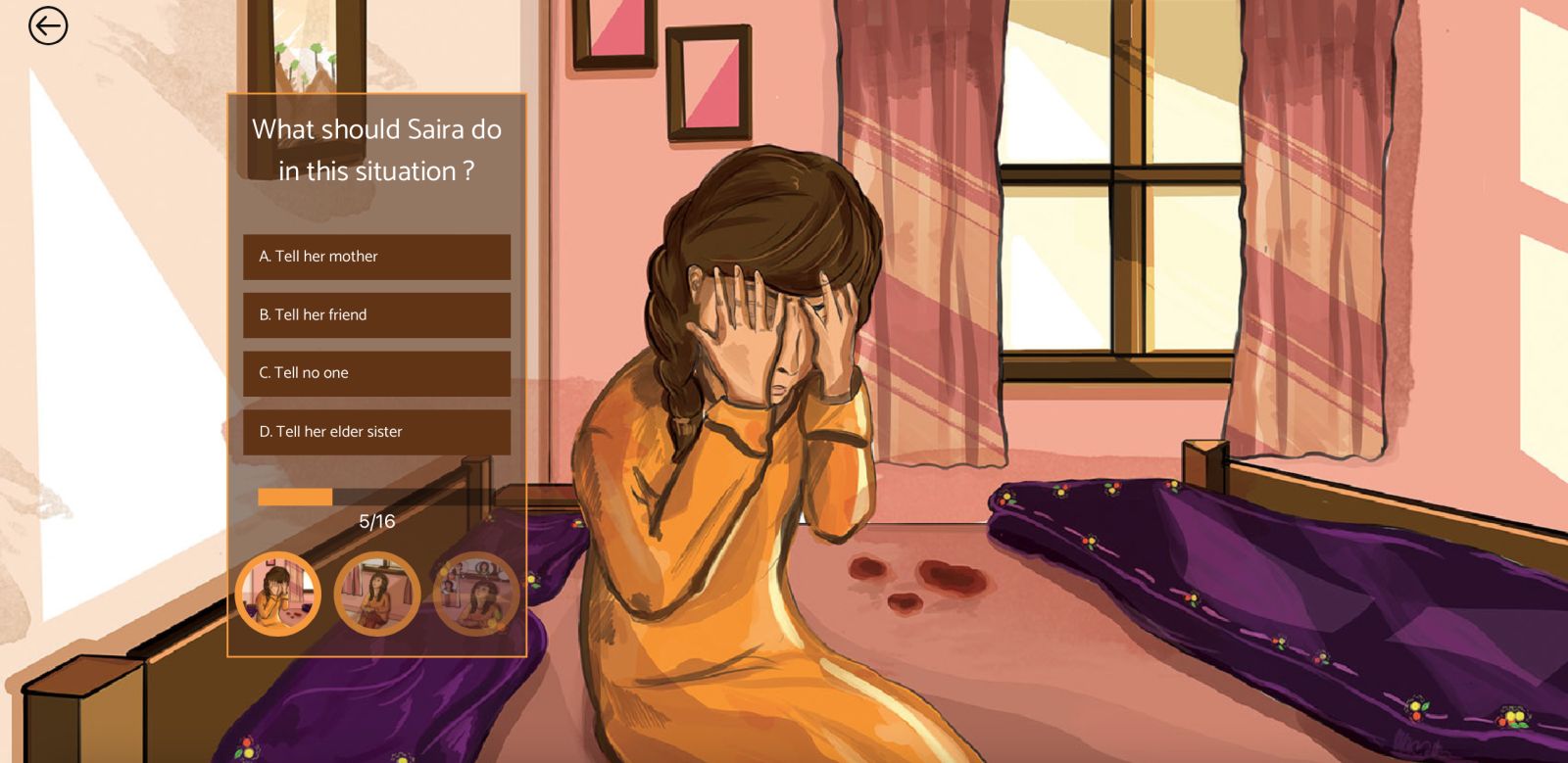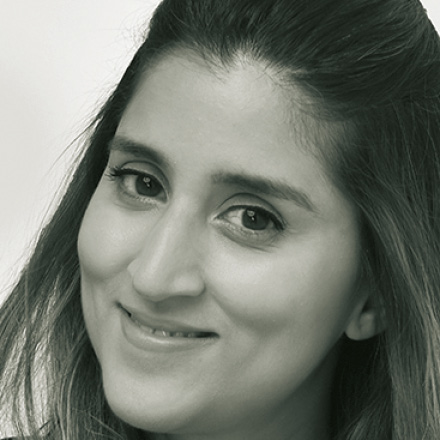Financing of terrorism
Dangerous cash flow
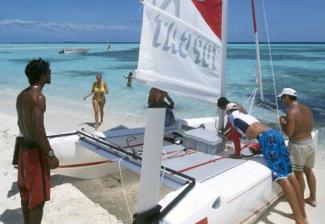
Whether in preparation for the Football World Cup in Qatar in 2022, in the arms trade with warring states or in financing questionable Islamic associations and charities – money is flowing from east to west and vice versa. The book “Sharia capitalism” (in German: ”Scharia-Kapitalismus”) by journalist and filmmaker Sascha Adamek is dedicated to these financial flows.
Countries that have declared radical Islam the state religion, the author calls “Sharia states”. According to his analysis, neither actors from Sharia states nor their business partners acted out of religious conviction. Rather, the author writes, it is about ventilating and increasing money. Adamek warns against a dangerous ping-pong game: financial flows from the west refinanced individuals in many parts of the Middle East, but also state organisations, which in turn acted as patrons and sponsors of fundamentalist associations.
As an example, the author cites Qatar, which often serves as a hub for terrorist financing. The country is considered one of the richest countries in the world, but this wealth does not benefit the 2.3 million foreign workers from India, Nepal, Bangladesh or African countries. On the contrary, they work under precarious and inhuman conditions on the construction sites of the emirate, which is preparing itself with huge infrastructure projects for the organisation of the 2022 World Cup. Instead, the wealth would accumulate in the accounts of Qatari companies and individuals, who in turn would emerge as financiers of terrorist groups.
Adamek admits that not all business partners from the Arab Emirates have terrorism in mind. For the Gulf States, it is part of their religious and political self-image to finance mosque associations and Koran schools. Many mosque associations in Germany, for example, are by no means on the ground of the German Constitution. The author warns that many rather resemble non-transparent black boxes in which children and young people are gradually being radicalised.
Donations to supposedly humanitarian organisations are also not unproblematic. As an example he cites Islamic Relief Worldwide (IRW). Although IRW supports people in Africa, Asia, the Middle East and Eastern Europe with its humanitarian aid and development projects, it is also suspected of being part of the financial system of the Palestinian terrorist organisation Hamas.
In the area of the economy and finances, a largely unnoticed Islamisation has long been underway, warns Adamek. Large corporations such as Alitalia, Air Berlin, Daimler, Volkswagen or Mövenpick, but also banks such as Credit Suisse or Deutsche Bank, have fallen into difficulties – among other things due to the financial market crisis in 2008. Islamic investors with fresh money often appeared to them as saviours in distress. But this leads to questionable dependencies. Saudi Arabia, for example, threatened to sell all US bonds when the US Senate decided in 2016 to publish closed pages from the investigation report on the terrorist attack of 11 September 2001.
According to Adamek, economic dependencies dominate not only industry and commerce, but also the leisure industry. Tourism is tragically linked to terrorism. Especially in holiday paradises like the Maldives or Bali, a lot of money has been generated from tourism and funnelled into the financing streams of international terrorism.
The author explains that the so-called Sharia states are just as economically dependent on the west as the west is on them. This would enable the west to dissuade these states from exporting their extremist religious beliefs. They should do everything to drain the channels of extremists, terrorists and their backers – regardless of their own business, Adamek demands.
Book
Adamek, S., 2017: Scharia-Kapitalismus. Den Kampf gegen unsere Freiheit finanzieren wir selbst. (Sharia capitalism. We finance the fight against our freedom ourselves – available in German only). Munich: Econ, 2017.
